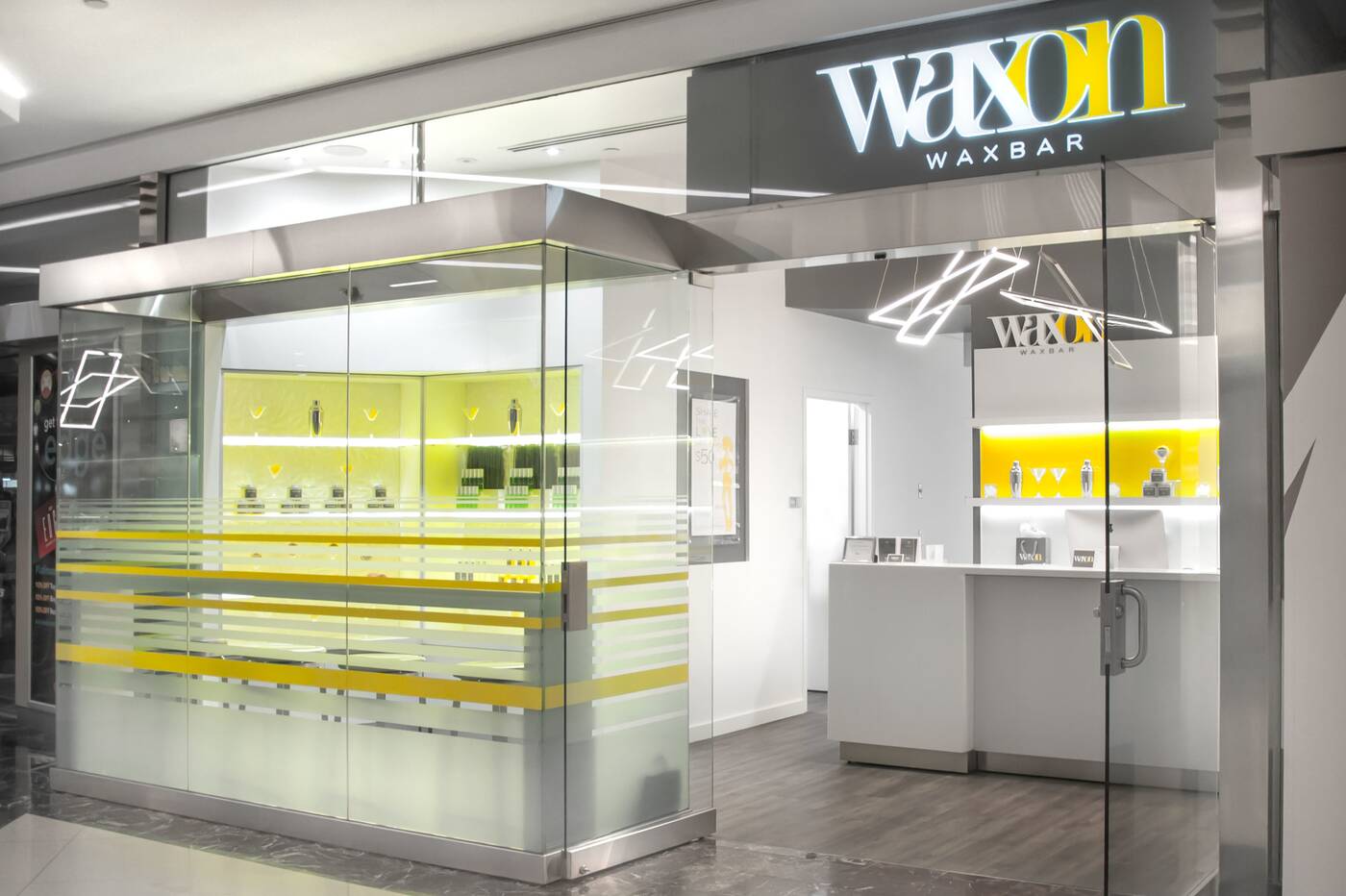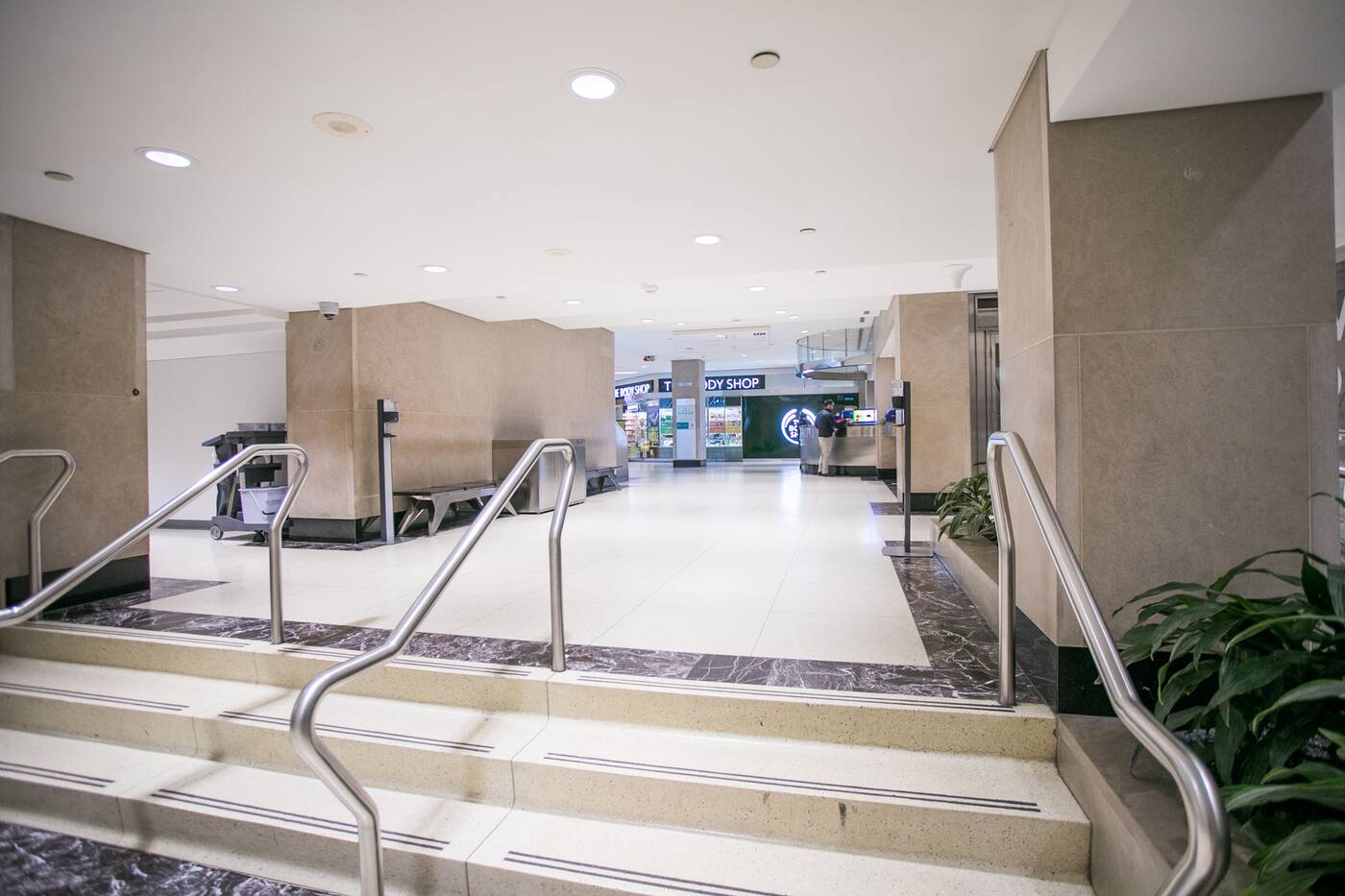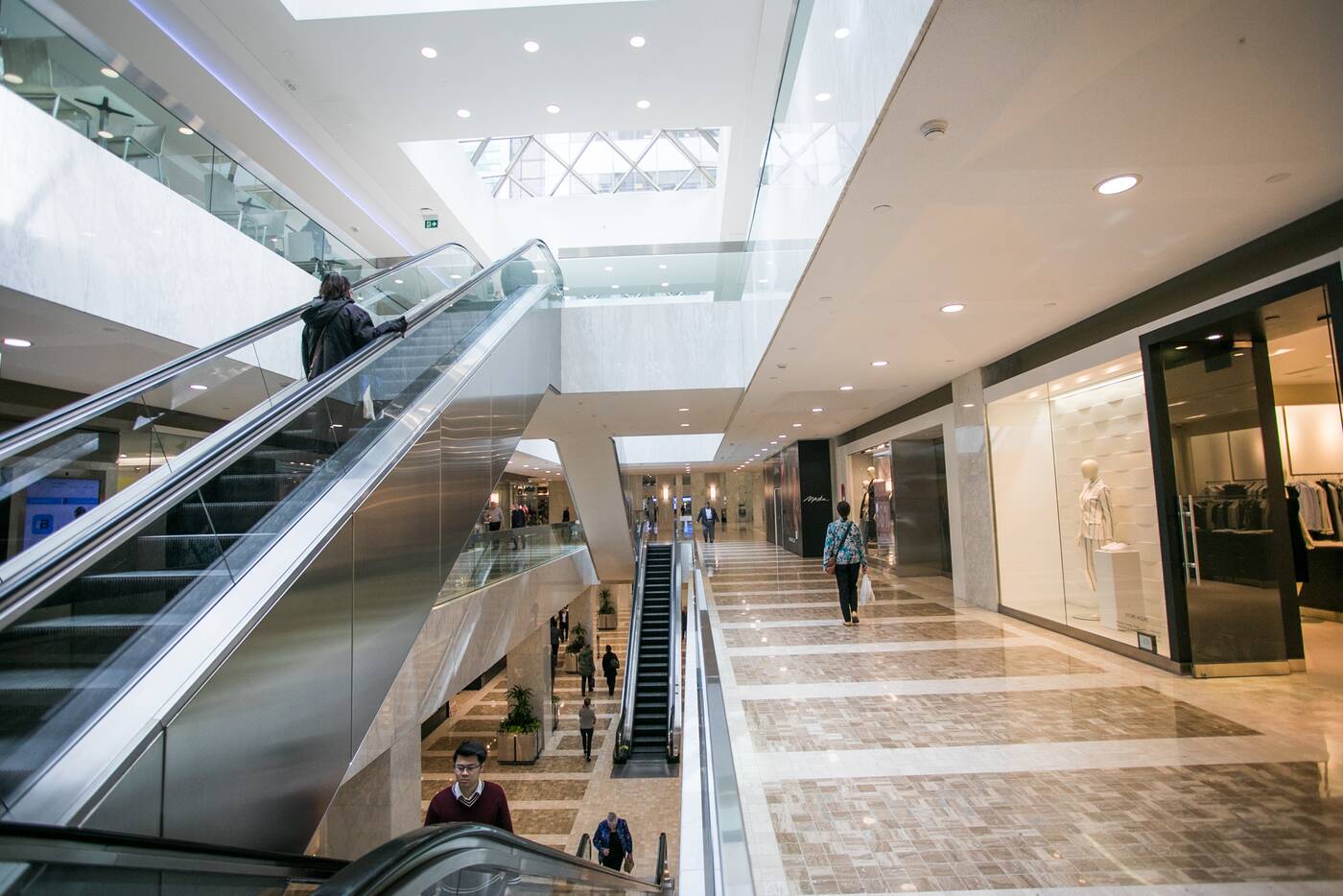
Toronto businesses in The Path are forgotten victims of the pandemic
For the businesses of The PATH, it's out of sight, out of mind.
Once bustling with Financial District denizen, Toronto's underground network of shops and restaurants has become a ghost town. The labyrinth of shuttered stalls and businesses, with nary a soul in sight, now operate at a fraction of what they used to.
The majority of surrounding offices still have work-from-home policies (and any foreseeable return has been postponed with Ontario backtracking to Stage 2 on Saturday), meaning PATH businesses have all but been forgotten.

Waxon Laser + Waxbar owner Wendy Yeung says The PATH businesses have been forgotten. Photo courtesy of Waxon Laser + Waxbar.
Unlike the streetside shops and restaurants benefiting from initiatives like CurbsideTO, the hundreds of shops making up The PATH have gotten little help to boost their businesses.
"We're kind of invisible and forgotten about," says Wendy Yeung, owner of the Waxon Laser + Waxbar location at Commerce Court.
The franchise location of the 13-store beauty chain, which sits around the corner from Commerce Court's food court, has lost about 90 per cent of its business during the pandemic.
What used to be 70 appointments daily has been reduced to about seven to 10 clients a day, says Yeung. Some loyal clientele help to keep the business afloat.
"With everyone working from home, it's been really, really quiet. Total opposite of what it used to be," she says. "...It's been really tough."

The PATH has largely been abandoned due to work-from-home policies of surrounding office towers. Photo by Fareen Karim.
Waxon has strictly followed government-mandated protocols since July, from face shields to Plexiglass, hand sanitizer, screening, temperature-taking and medical-grade disinfectant. The salon also hires an external company called EnviroShield to disinfect the store.
CECRA has helped, but all the health measures won't bring back foot traffic to the path, which Yeung says has been reduced to no more than five per cent of what it used to be.
Plus, reverting back to Stage 2 bears serious changes for the salon. While hair removal services are still permitted under Stage 2 rules , any services offered below the mask are banned once more until November 6, at the earliest.
On top of that, it's depressing to work in an underground dead zone.
"It affects morale and employees, too," says Yeung. "[I'm] operating at half the staff I used to... They're not earning as much as they need to live on, and I can't blame them, everyone has to pay rent."

With little visibility, businesses in The PATH get far less foot traffic than streetside stores. Photo by Fareen Karim.
The physical set up of the Commerce Court proves another challenge, with traffic flow being directed in a way that makes it easy for pedestrians to bypass certain businesses completely.
Certain street-level entrances have also been locked, leading some to think the underground mall is closed. At this rate, it might soon become a retail dead zone.
Yeung hopes that the government will step up with customized programs for the forgotten businesses of the PATH, who've seen little negotiation from their landlord.
"It really depends on when and if office workers are coming back. Some have even said they’re not coming back until there’s a vaccine," she says.
"We’re still hopeful, we’ve reopened fully, and we’re hoping that people will come to us."
Waxon
Latest Videos
Latest Videos
Join the conversation Load comments







